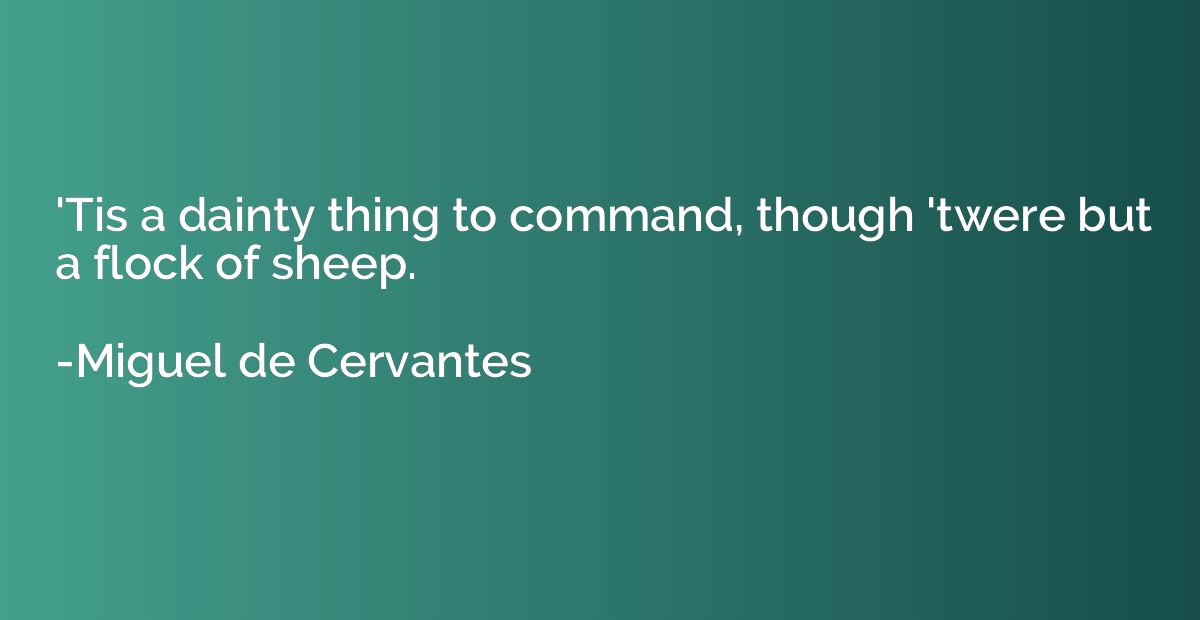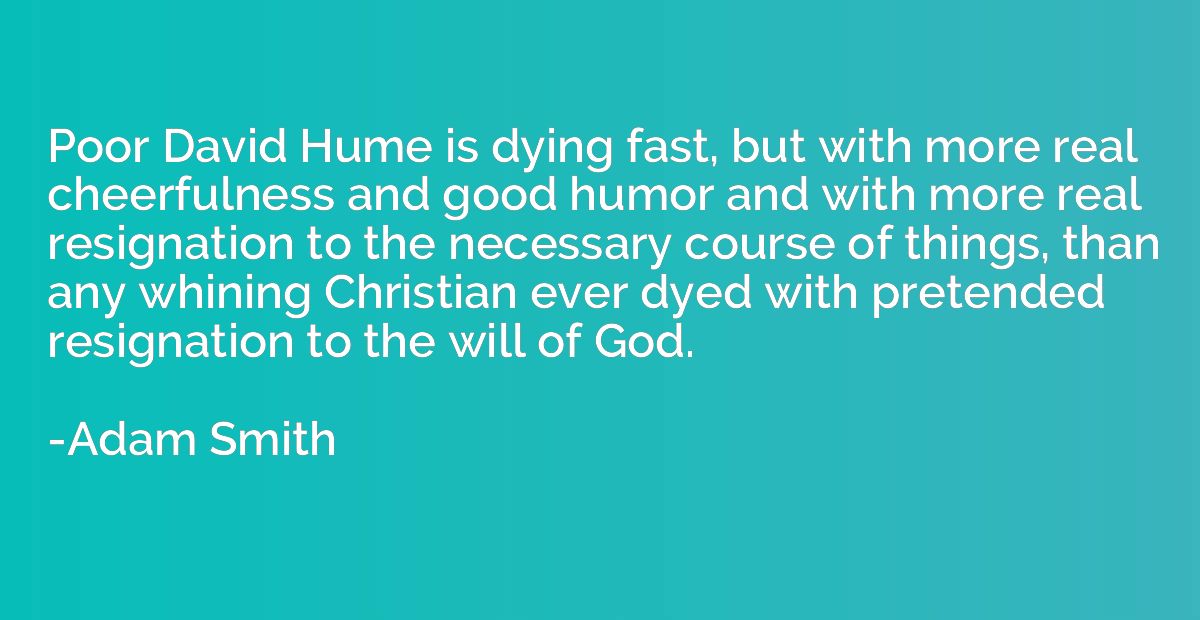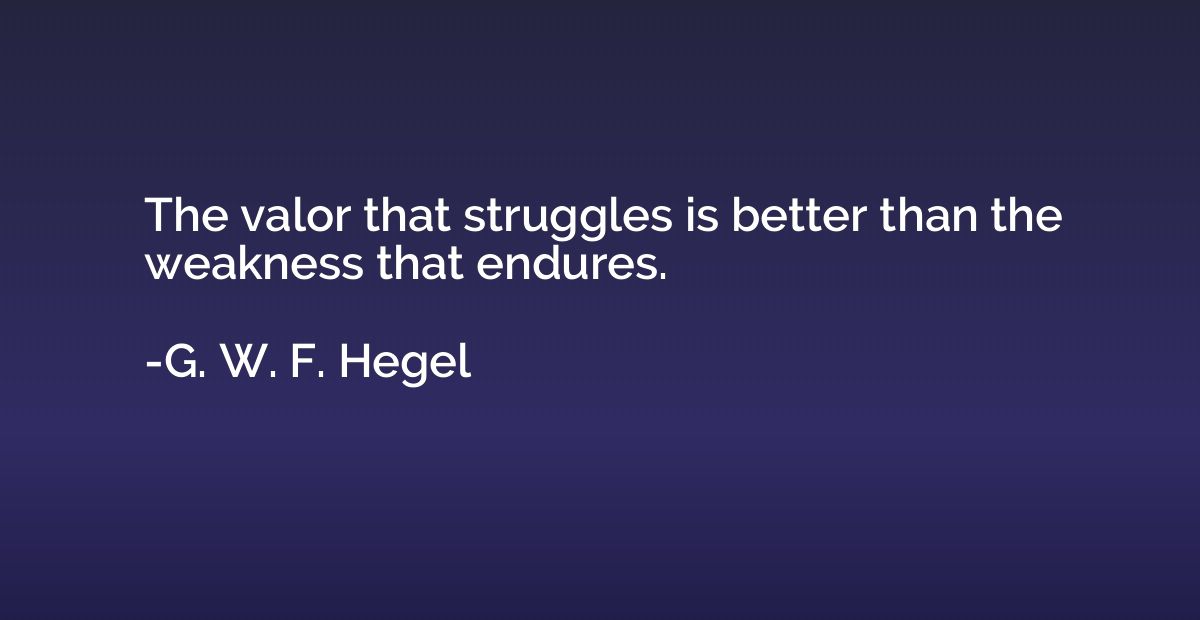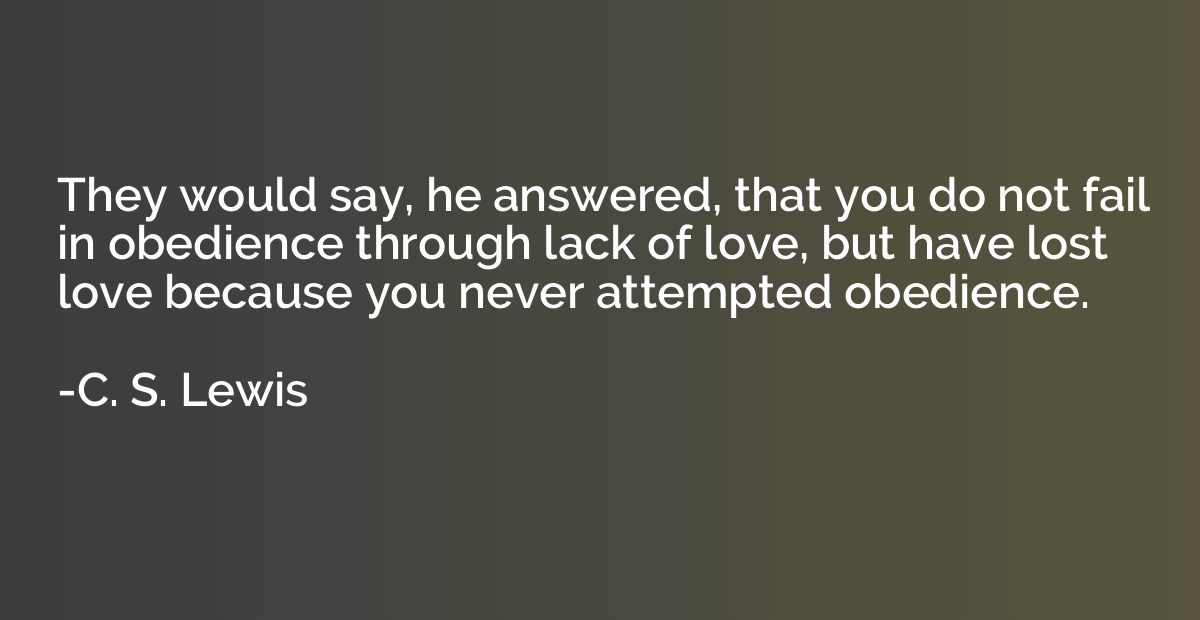Summary
This quote suggests that having authority and the ability to command others, regardless of their status or number, is a delightful or desirable thing. It implies that the ability to lead and instruct others, even if they are as simple as a flock of sheep, carries a sense of achievement or satisfaction. It highlights the importance of power and control and how it can bring a sense of enjoyment and fulfillment, regardless of the scale or significance of the tasks or responsibilities being overseen.















